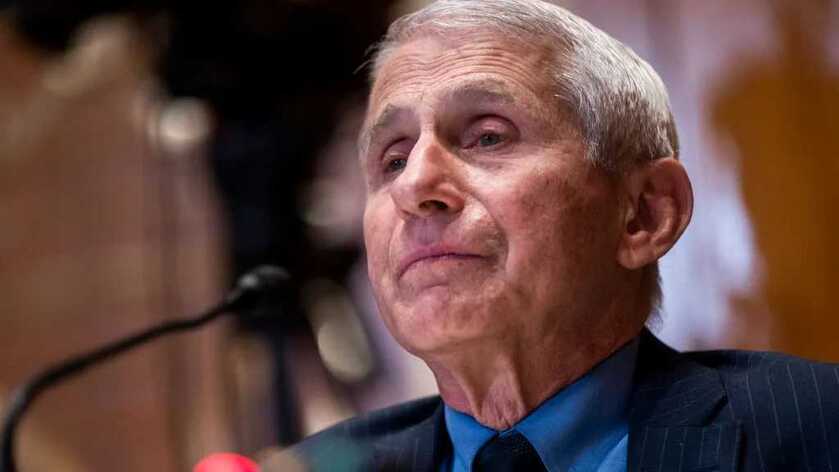Recent data reveals that the National Institutes of Health (NIH) and its scientists amassed $710 million in royalties from private companies, predominantly pharmaceutical firms, during the pandemic from late 2021 through 2023. This significant sum has raised questions about the close ties between government health agencies and the pharmaceutical industry according to the New York Post.
A staggering $690 million of these royalties went to the National Institute of Allergy and Infectious Diseases (NIAID), led by Dr. Anthony Fauci, and 260 of its scientists. The NIH's financial dealings with private companies have been closely guarded, with OpenTheBooks.com having to file lawsuits to uncover the details. Their efforts revealed that from September 2009 to October 2021, the NIH received $325 million over 56,000 transactions.
I walked away from the mainstream media after 25 years to cover stories like this. Become a subscriber for $5 and support my mission of independent journalism. I can’t keep doing this without you.
The pandemic years saw a dramatic increase in royalty payments, more than doubling the total amount collected by the NIH from the private sector over the previous twelve years combined, reaching $1.036 billion. It remains unclear if this total includes royalties from COVID-19 vaccines produced by Pfizer and Moderna, the latter having agreed to pay $400 million to settle with the NIH.
Dr. Fauci is scheduled to appear before the House Select Subcommittee on the Coronavirus Pandemic, where he will face questions about potential conflicts of interest and the NIH's efforts to circumvent the Freedom of Information Act (FOIA). Emails from Dr. David Morens, a key Fauci deputy, detailed strategies to avoid FOIA scrutiny, including misspelling words and using physical couriers for messages.
Senator Rand Paul has introduced the Royalty Transparency Act, which has passed through committee and calls for full disclosure of royalty payments to NIH scientists. This bill seeks to address transparency issues within the NIH, which has been criticized for redacting data that could link royalty payments to specific government-paid inventors.
The upcoming testimony presents an opportunity for Dr. Fauci to support transparency reforms and address public concerns about the NIH's financial relationships with private companies. As Fauci nears the end of his five-decade career in government service, his response to these issues could significantly impact his legacy and public trust in the NIH.
BioNTech SE's chief operating officer issued a U.S. Securities and Exchange Commission (SEC) filing on March 22, 2024, confirming that it previously disclosed that the Company was in discussions with the National Institutes of Health ("NIH") concerning royalties and other amounts allegedly owed on sales of the Company's COVID-19 vaccine since commercialization.
The NIH had delivered a communication threatening to send a notice of default under its license agreement with the Company, and the Company received a notice of default from the NIH relating to alleged amounts owed and breaches under such license.
As previously disclosed, the Company disagrees with the NIH's positions and intends to vigorously defend against all allegations of breach.




















